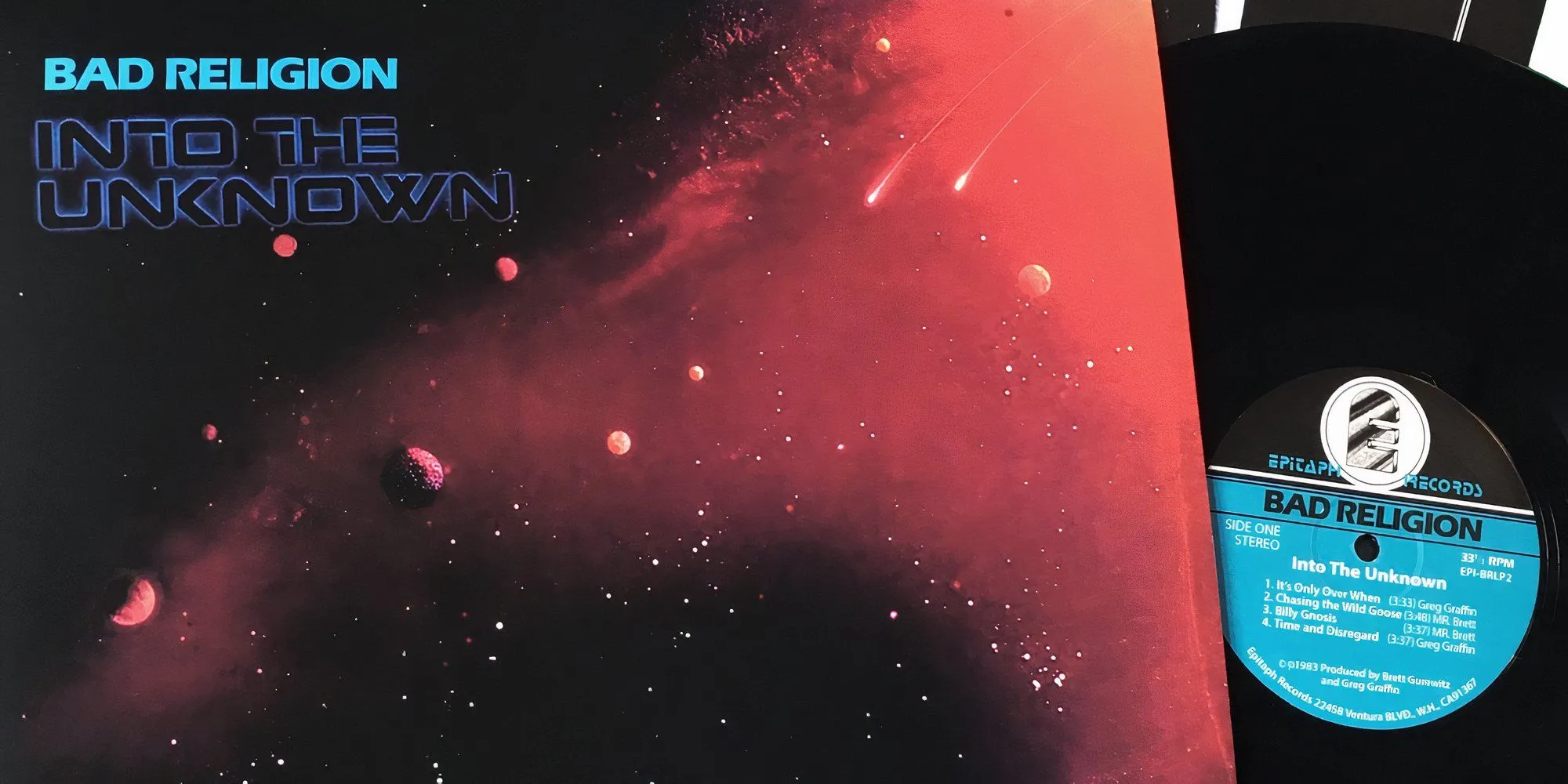
Albums That Struggled Yet Survived: A Deep Dive
In the rock music landscape, certain albums achieve legendary status, dominating charts for years while others fade into obscurity after an initial hit. There’s a unique category of albums that are so poorly received they could derail an artist’s career—yet, paradoxically, some bands manage to bounce back from these failures. This article explores notable instances where artists faced critical backlash but still persevered to regain their footing in the music industry.
1. Bob Dylan – Self-Portrait
Columbia Records, 1970
Throughout the 1960s, Bob Dylan was seen as an untouchable musical force. His iconic second album, The Freewheelin’ Bob Dylan, established him as a folk music sensation and a supposed “spokesman of a generation,”a title he loathed. Nonetheless, his transition to electric guitar in 1965 did little to shake his devoted following.
His 1970 release, Self-Portrait, was an intentional move to challenge his public persona. Unfortunately, the album was met with scathing reviews; Greil Marcus of Rolling Stone delivered a particularly harsh critique, condemning it for its poor production and lackluster vocal performances. Despite its dismal reception, Dylan quickly rebounded with the release of New Morning just four months later, which received a warmer welcome from critics. It wasn’t until the unforgettable Blood on the Tracks in 1975 that Dylan began to regain his critical acclaim.
2. Lou Reed – Metal Machine Music
RCA Records, 1975
Lou Reed made waves within the avant-garde rock scene as a founding member of the Velvet Underground. However, his 1975 solo album, Metal Machine Music, took a radical turn. Described by Rolling Stone as “the tubular groaning of a galactic refrigerator,”the album polarized listeners and critics alike.
Despite its brutal reception—leading to swift returns and store withdrawals within a mere three weeks—Reed demonstrated resilience with his subsequent album, Coney Island Baby, later that year. The legacy of Metal Machine Music perplexingly lingered, especially after a remaster in 2011, showcasing Reed’s complicated contribution to music.
3. Bad Religion – Into The Unknown
Epitaph Records, 1983

California punk band Bad Religion initially won acclaim with their first album, How Could Hell Be Any Worse?, in 1982. However, their follow-up, Into the Unknown, diverged significantly from their established sound with a foray into progressive rock. This shift devastated their reputation among fans and critics alike, leading to a breakup and a departure from Epitaph Records.
Despite this setback, the band reunited in 1985, humorously titling their comeback album Back to the Known. The poor reception of Into the Unknown kept it out of circulation, but by the 90s, Bad Religion reclaimed their stature in punk rock, far from their experimental mishap.
4. Radiohead – Pablo Honey
Parlophone/Capitol Records, 1993
Radiohead’s ascent to alternative rock royalty almost faltered with their debut album, Pablo Honey, released in 1993. Initially disregarded, the album struggled to gain traction despite later re-evaluations that recognized its merit. Recording proved challenging; creative disagreements stunted the process, complicating the selection of a lead single.
“Creep,” the eventual breakthrough track, gained unexpected popularity and launched Radiohead toward stardom, culminating in the landmark album OK Computer in 1997, which transformed their reputation forever.
5. Black Sabbath – Forbidden
I.R.S. Records, 1995
By the release of their 1995 album Forbidden, Black Sabbath had lost all original members except guitarist Tony Iommi. The record suffered from poor production choices and an overall lack of cohesion, culminating in its failure to resonate with audiences. Guest appearances, like rapper Ice-T, added to the confusion surrounding the album’s direction.
The album’s disastrous reception forced the band into a corner, stalling their output until they regrouped for a live album in 1998. It marked a period that required reconciliation of past conflicts before they could rebuild their legacy.
6. Metallica – St. Anger
Elektra Records, 2003
Metallica, having shifted toward mainstream rock throughout the 1990s, faced a difficult return to their roots with St. Anger. Following setbacks—including the departure of bassist Jason Newstead and lead singer James Hetfield entering rehab—the album emerged in 2003 with a sound that alienated many long-term fans.
The stylistic choices of heavy distortion and odd production choices prompted critiques, with many dismissing it as a lesser version of their previous efforts. While St. Anger kickstarted a renewed phase of touring for Metallica, it also marked a period of critical reevaluation as they worked to move beyond its legacy.
7. Guns N’ Roses – Chinese Democracy
Black Frog/Geffen Records, 2008
After facing turmoil and a changing lineup throughout the late 90s, Guns N’ Roses struggled to produce Chinese Democracy. A long-anticipated release that suffered from delays and fluctuating personnel, the album debuted in 2008 to mixed reviews. The extensive wait and overlap of material leaked online fragmented fan anticipation.
Although better received than previous work, the album’s shortcomings left an indelible effect on the band’s reputation, and they have yet to produce another studio album.
8. Weezer – Raditude
DGC/Geffen/Interscope Records, 2009
After the restrained success of their self-titled 2008 album, Weezer’s follow-up, Raditude, arrived with high expectations but fell flat. Attempting to reinvent their sound, the album diverged from their earlier style and invited critiques. It was described as a stark deviation from the essence of their much-lauded earlier work.
With mediocre sales figures and harsh critiques, Raditude illustrated the risks of artistic exploration gone awry, leading Weezer to reevaluate their musical direction as they progressed into the 2010s.
9. U2 – Songs of Innocence
Island/Interscope Records, 2014
Following the underwhelming performance of No Line on the Horizon, U2’s Songs of Innocence faced its own litany of challenges. Intended as a deeply personal album, its digital release methodology sparked backlash amongst fans who resented being given the album without consent.
“Apparently, consent and interest are no longer a requisite for owning an album, only corporate prerogative.”
Despite its intended message, the unconventional release strategy marred public reception, leading many to express disappointment in both U2 and Apple’s controversial partnership.
10. Green Day – Father of All
Reprise Records, 2020
Returning with Father of All, Green Day ventured into uncharted sonic territories, diverging from their punk roots. The brief album faced significant disapproval from fans, who compared its production to Metallica’s St. Anger in terms of abrasive quality.
Critics voiced their dissatisfaction, calling it a “hot mess.”Although Father of All garnered some positive reviews, it largely failed to resonate with the fanbase, exemplifying how even established bands can stumble when venturing beyond their comfort zones.
These cases highlight the tenuous balance artists must maintain between pushing creative boundaries and satisfying their audience—a delicate dance that can intricately shape their career trajectories.
(Sources: Rolling Stone, BBC Music, Pitchfork, Alternative Press, PopMatters, TIME, The Washington Post, Slate, MEAWW, Sputnikmusic, musicOMH)




Leave a Reply